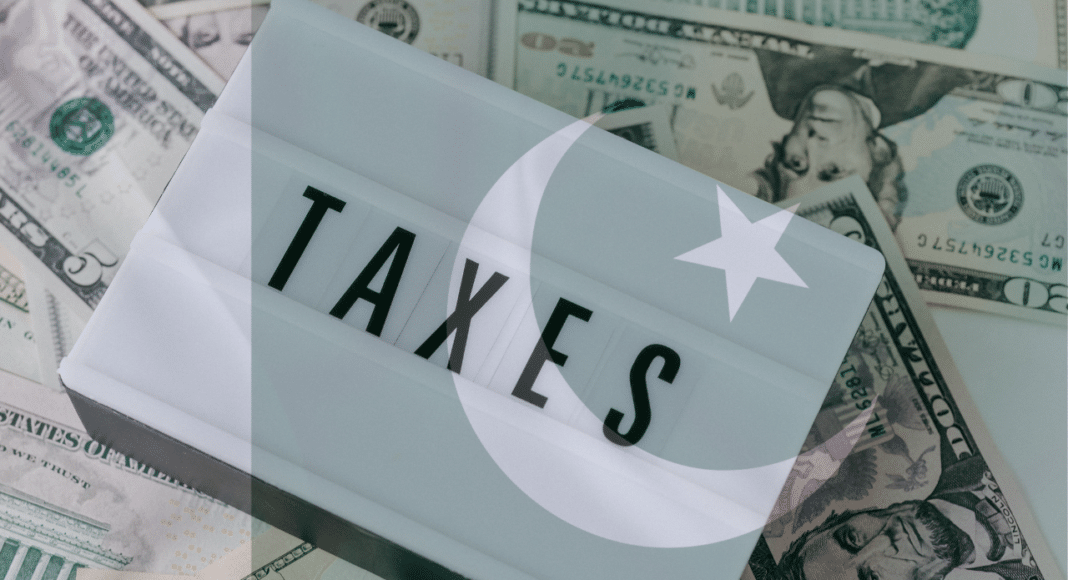Islamabad—Pakistan’s economy grapples with several challenges, including depleted reserves, an unstable balance of payments, and high inflation. To tackle these issues, experts and anti-tobacco activists have proposed increasing tobacco taxation as a means to stimulate economic growth.
The Society for the Protection of Rights of the Child (SPARC) greeted Muhammad Aurangzeb’s appointment as the new finance minister. It urged him to consider tobacco taxation as a potential remedy. SPARC believes that this measure could enhance the economy and advance the nation’s health agenda.
SPARC echoes health advocates’ concerns who recommend higher cigarette taxes over utilities. This approach supports public health objectives and addresses broader economic implications associated with tobacco use.
According to Rabia Syed, Director of IBC, Pakistan could generate an additional Rs 17 billion in revenue through a 26% increase in cigarette taxes. This proposal aims to alleviate immediate fiscal pressures while aligning with public health goals set by the WHO. Pakistan ranks 7th globally in tobacco consumption and tops the WHO Eastern Mediterranean Region (EMR) in the number of tobacco product users.
READ ALSO — Pakistan’s New Finance Minister Aims for Lasting Macroeconomic Stability
Malik Imran Ahmad, the country head of Campaign for Tobacco-Free Kids (CTFK), appealed to the newly appointed finance minister, Muhammad Aurangzeb, to acknowledge the significant challenge posed by tobacco consumption in Pakistan. With approximately 31.9 million adults using tobacco, accounting for 19.7% of the adult population, the impact on public health and the economy is profound, Ahmad noted.
Ahmad emphasized the strain placed on healthcare resources due to smoking-induced non-communicable diseases, underscoring the urgent need for measures like increased tobacco taxation to mitigate economic strain and safeguard public health. Dr. Khalil Ahmad, program manager at SPARC, highlighted the affordability of cigarettes as a key factor driving youth initiation into smoking, further emphasizing the economic costs associated with smoking-related illnesses and fatalities.


